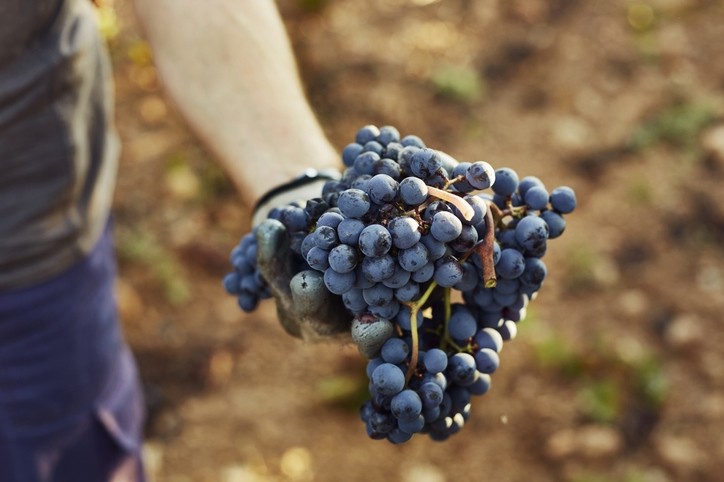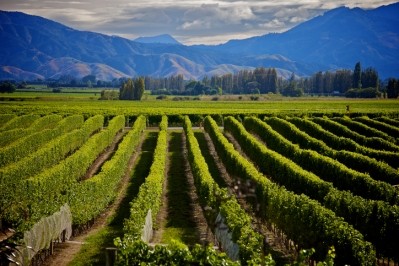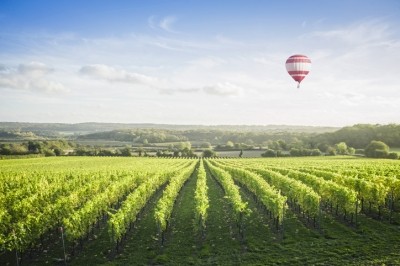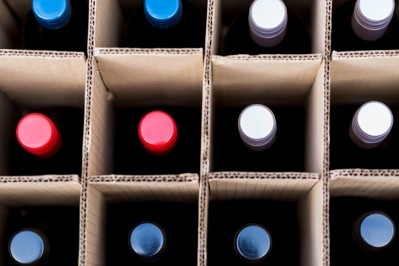Consumer interest in organic wine continues to grow – but price remains a factor

Commissioned by German wine trade show ProWein, Geisenheim University surveyed nearly 3,000 experts from across the wine supply chain in 48 countries at the end of 2021 to assess the state of the industry.
While the majority of specialist wine dealers (78%), hoteliers (77%) and food service providers (72%) surveyed assume that organic wine production will continue to rise in future; opinions were split in different markets.
“Optimism is strongest among the trade representatives in Scandinavia, Belgium, Luxembourg as well as France and Italy. Part of these countries are even noting active demand for organic wine among consumers.
“In contrast to this, wine dealers in the Netherlands, Germany and Eastern Europe report of lower demand from consumers and an unwillingness to pay for organic wine. They are therefore less optimistic about market growth for organic wines. For those in the wine trade consumer unwillingness to pay for organic wine and organic certification costs rank first in the list of reasons for refusing certification.”
Mediterranean climates provide best organic vineyard conditions
Organic wine has been growing globally. Nearly half a million hectares worldwide are today dedicated to organic vines: with most of this in Europe but also gaining ground across other continents.
The top three markets – Spain, France and Italy - account for 75% of organic vineyards in the world, according to figures published by the OIV last year.
Thanks to the climatic advantage of dry, Mediterranean summers, organic viticulture is most widespread in these areas. “In our survey, 61%, 52% and 35% respectively, of the industry leaders are organically certified, and nearly all of them could imagine changing their production over to organic in future,” notes the Geisenheim University report.
“Due to the moist and cool climate that promotes fungus diseases in vines only 21% of the German producers surveyed are organically certified and the majority of vintners in Germany and the new world are not considering going organic in future either.”
Challenges to overcome
The Green Deal of the European Commission aims for a quarter of European vineyards to be cultivated as certified organic to increase sustainability. While organic wine is enjoying increased popularity, wine industry professionals remain skeptical this goal will be reached.
For those in the wine trade, consumer unwillingness to pay for organic wine and the costs of certification are a put-off. Only a third of those in retail and food service expect the EU to attain the 25% target.
From the vintners’ point of view, the economic risk and use of copper for plant protection are the two key reasons against organic certification.
“Only 30% of German vintners, 40% of vintners in France and Italy and 58% of vintners in Spain feel that organic winegrowing is economically viable in the long term. A greater willingness to pay on the consumers’ part would be a key prerequisite for covering the higher costs for organic wine production in growing regions not graced with an ideal climate.”







